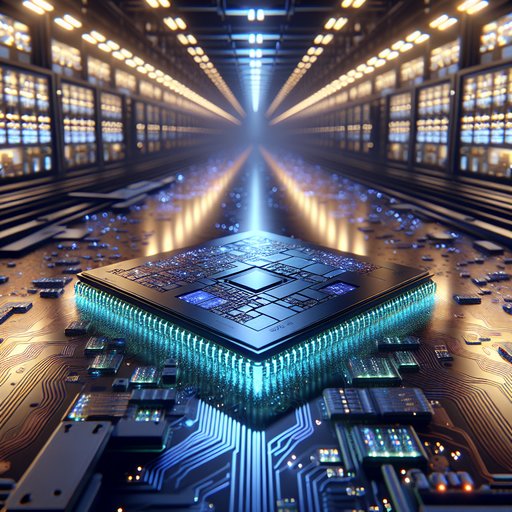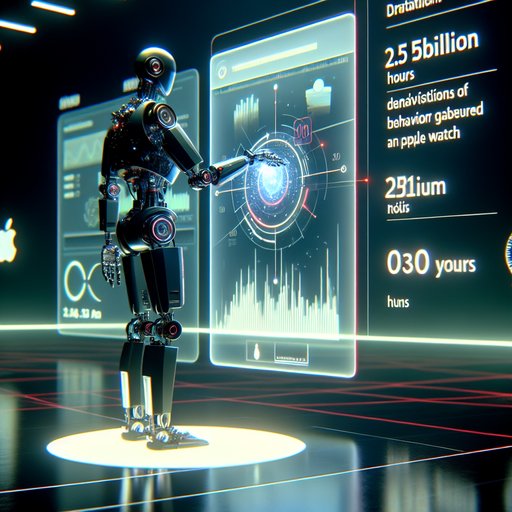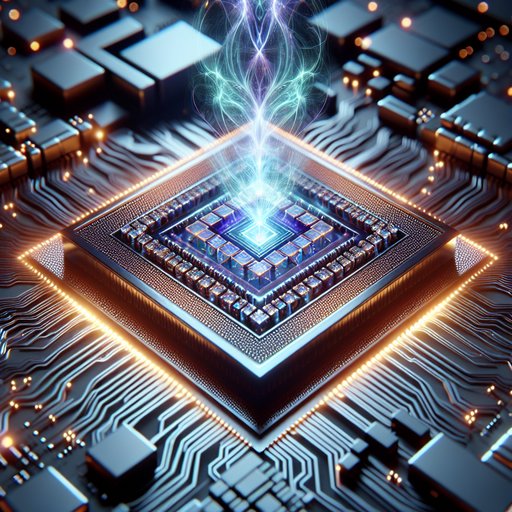
In a recent wave of cyberattacks, the notorious Interlock ransomware group has been identified using a new delivery mechanism known as FileFix to deploy remote access trojans (RATs) across multiple industries. This sophisticated method has raised concerns among cybersecurity experts, as it signifies an evolution in the tactics employed by ransomware operators. The attacks have been linked to a new PHP variant of the Interlock RAT, which has been particularly effective in breaching defenses and compromising sensitive data [1][4].

In a significant leap forward for genetic medicine, CRISPR Therapeutics has unveiled a pioneering approach in RNA medicine that promises to enhance the precision and efficacy of treatments for genetic disorders. This breakthrough comes amidst a rapidly evolving landscape in synthetic biology, where advancements in gene editing are reshaping the possibilities of medical science.

This week, European telecommunications regulators announced the upcoming auction of 6G spectrum licenses, marking a significant step towards the next generation of wireless connectivity. As 2G networks are gradually phased out, the focus is shifting towards more advanced technologies like 5G and the anticipated 6G rollout. The auction is expected to ignite competition among operators eager to spearhead the 6G revolution, promising unprecedented speeds and connectivity options.

In a significant move for the augmented reality (AR) industry, Snap Inc. and Niantic Spatial have announced a multi-year strategic partnership aimed at building a shared AI-powered map of the real world. This collaboration seeks to enhance AR experiences by providing more accurate and immersive digital overlays onto physical environments. [1]

In a bold move to revolutionize the chip design landscape, Huawei's HiSilicon has launched an aggressive campaign to establish itself as a pivotal player in the semiconductor industry. Dubbed 'Little HiSilicon,' this expansion leverages cutting-edge RISC-V microcontrollers and AI edge system on chips (SoCs) to address a wide array of technological needs [2]. This escalation highlights China's dedication to boosting its semiconductor capabilities, even as it grapples with existing market limitations.

Recent developments in battery storage technology could offer a substantial leap forward for renewable energy integration. Scientists have announced a groundbreaking innovation in lithium-air battery design, potentially increasing energy density by a factor of three. This advancement, unveiled during a renewable energy symposium in Silicon Valley, aims to address one of the most significant barriers to the adoption of renewable energy sources: the efficient and reliable storage of solar and wind power.

A remarkable celestial event has captured the scientific community's attention as two of the world’s most powerful space telescopes, the James Webb Space Telescope and the Hubble Space Telescope, combined their capabilities to explore a cosmic nursery. This joint operation focused on the Small Magellanic Cloud, a satellite galaxy of the Milky Way, providing unprecedented insights into the process of star formation [2]. The collaboration has not only enriched our understanding of stellar birth processes but also pushed the boundaries of observational astronomy.

Apple recently unveiled an innovative AI model trained on Apple Watch data, which is poised to significantly impact the realm of health diagnostics. This state-of-the-art model has been developed using over 2.5 billion hours of behavioral data gathered from Apple Watch users, offering a leap forward in predictive health monitoring. By delving deeper into user data, the AI is showing promise in detecting health conditions more accurately than current traditional methods [3][4].

SoftBank, in collaboration with Nokia, has embarked on a groundbreaking outdoor trial to test 6G technology, utilizing the 7GHz band in Japan. Announced as an industry-first for Japanese telecommunication companies, this trial aims to harness centimeter-wave radio frequencies to explore their potential for next-generation mobile networks. This initiative marks a significant step in the global race towards 6G, which promises to revolutionize data transmission speeds and connectivity.

In a significant development for the world of quantum computing, IQM has announced the inclusion of the new 54-qubit Crystal 54 chip in their Resonance Quantum Cloud Platform. This milestone marks a pivotal moment for the company, leveraging proprietary technology to enhance computational power and tool accessibility. This update comes at a time when quantum computing is increasingly seen as a transformative force across industries [3].
























